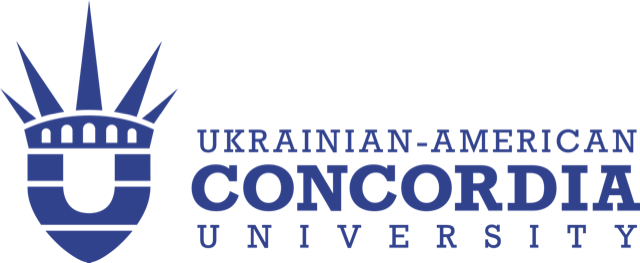The undergraduate educational program “Information Technology Management” aims to blend management skills with a solid understanding of information technology systems.
In today’s world, information technology is the backbone of any organization. Every business and industry needs specialists who can monitor and administer their information technology systems (an organization’s hardware, software and networks), financial transactions, data storage, and communications, if they want to stay current and successful.
As occupations in IT have been experiencing fast job growth over the past years, a bachelor’s degree in IT management will be ideal for students seeking entry-level positions in this field. The program combines specialized courses in information technology and business management, teaching students how to use computer systems and software to manage information.
The students receive solid fundamentals along with the tools which can be immediately applied in a current IT business setting in Ukraine and abroad. Among the IT focused courses you will find Analysis and Design of Information Systems, Database Management Systems, Modeling and Forecasting of the Economy, Statistics, Information Assurance and Systems Security, etc.
Choose this program if:
- You are into computer programming, software development, and computer network security.
- You want to develop the skills to find technology-based solutions to business and management problems.
- You seek a job with a high starting salary, long-term career security and strong earning potential.
- You want to be sure that your degree will ensure your employability.
Careers: software applications developer/programmer, business/computer systems analyst, network/information security analyst/specialist, network/ database administrator, management analyst, computer network architect, technical architect, IT project manager.

